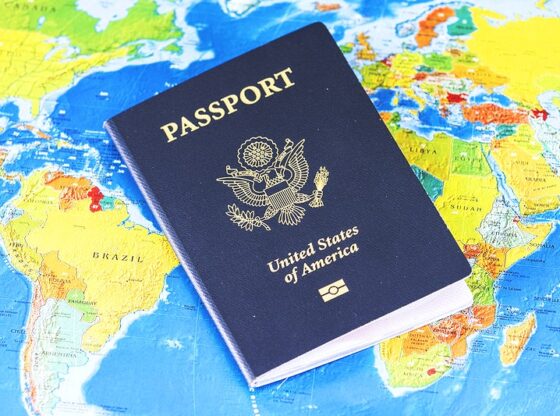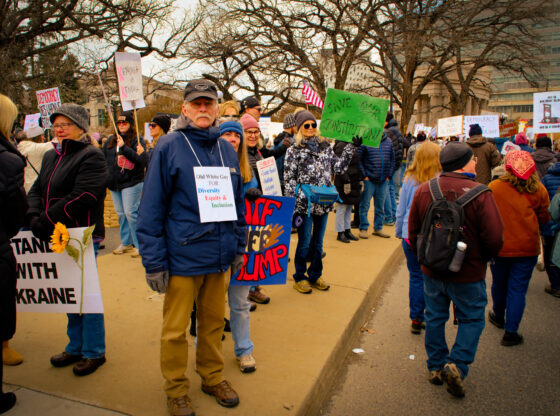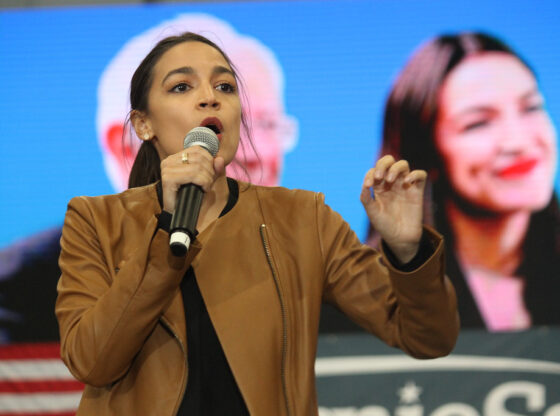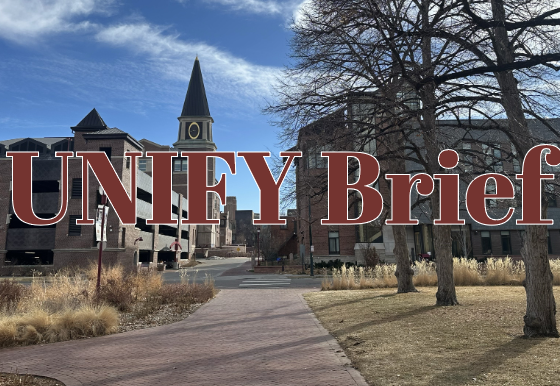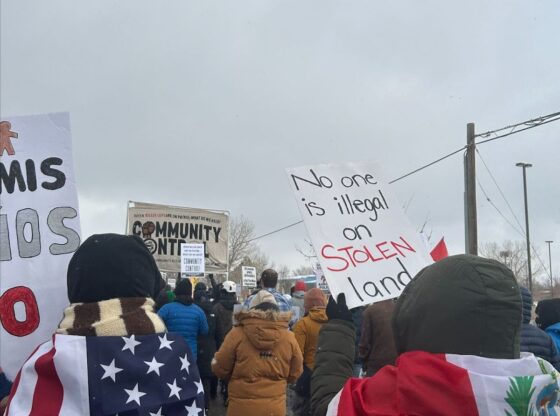Welcome back to “The Unify Brief,” where we track the latest developments shaping the nation. Here’s what you need to know this week.
SCOTUS rules to temporarily stop deportations to El Salvador
In a rare early morning ruling on Saturday, April 19, the U.S. Supreme Court temporarily halted Donald Trump administration’s deportation of Venezuelan migrants detained in Texas under the Alien Enemies Act, an 18th-century wartime law. The Court directed the government not to remove any detainees until further notice, with Justices Clarence Thomas and Samuel Alito dissenting.
This decision follows concerns raised by the American Civil Liberties Union (ACLU) that the administration was proceeding with deportations without providing adequate notice or the opportunity for detainees to challenge their removal, as previously required by the Supreme Court. The administration had accused the migrants of being members of the Venezuelan gang Tren de Aragua and had already deported over a hundred individuals to El Salvador.
In the late afternoon of April 19, the Solicitor General requested that the Supreme Court dissolve the block and allow lower courts the opportunity to weigh in. This temporary block highlights ongoing tensions between the judiciary and the executive branch over immigration enforcement and the use of historical laws in modern contexts.
Local: ACLU claims administration is restarting deportations under 18th century wartime law (CPR)
National: What to know about the Supreme Court’s midnight Alien Enemies Act order (CNN)
What other college campuses have to say: As of Saturday, April 19, no college campuses have reported on this development.
The battle between Harvard and the Trump administration
Last week, a high-stakes confrontation erupted between Harvard University and the Trump administration, centered on academic independence, political pressure and federal power. The dispute began when the administration sent a letter to Harvard demanding sweeping changes, including oversight of admissions, faculty hiring and academic content. The letter sent on Friday, April 11, also pressured the university to disband certain student groups and report international students allegedly violating government policy.
Harvard President Alan Garber publicly rejected the demands, stating the university would not compromise its institutional autonomy or constitutional values. In retaliation, the Trump administration froze over $2 billion in federal funding and threatened to revoke Harvard’s tax-exempt status.
Within 24 hours of Harvard’s defiance, the university received donations totaling more than $1 million. Meanwhile, students and faculty voiced strong opposition to the administration’s demands, framing them as politically motivated attacks on academic freedom.
On Friday, April 18, it was reported that the letter was sent by “mistake” and without authorization to the university. However, the administration has not publicly addressed this claim, nor has it withdrawn the letter.
Legal experts and educators warn that the outcome could set a precedent for how much control the federal government can exercise over private universities and whether political ideologies can determine the operations of academic institutions.
Local: Trump administration takes aim at Harvard’s international students and tax-exempt status (The Denver Post)
National: The showdown between Harvard and the White House – day by day (The Guardian)
What other college campuses have to say: Trump Takes Aim at Harvard’s Foreign Funding, Federal Grants (The Harvard Crimson)
Trump administration is ready to “move on” from Russia-Ukraine war
The Trump administration is signaling a major shift in its approach to the war in Ukraine, with developments suggesting a move away from active U.S. involvement. The administration is considering recognizing Russian control over Crimea as part of a proposed framework to facilitate a ceasefire and advance peace negotiations.
Such a move would represent a departure from long-standing U.S. policy and could be seen as legitimizing Russia’s 2014 annexation, something Ukrainian President Volodymyr Zelenskyy has repeatedly called a non-negotiable red line.
Secretary of State Marco Rubio stated the U.S. may “move on” from mediating peace talks if progress is not made soon, bluntly claiming, “It’s not our war.” This approach is much different from President Trump’s previous claims that negotiations would be “easy” and he would end the war “in 24 hours.”
This stance reflects growing frustration within the administration over stalled diplomacy and a broader shift in U.S. foreign policy priorities under Trump. With the administration preparing to scale back its involvement in the conflict, concerns are rising among allies about the future of U.S. support for Ukraine and the global implications of waiving ground to Russian influence.
Local: How Trump backed away from promising to end the Russia-Ukraine war in 24 hours (Sentinel Colorado)
National: Rubio says Trump admin may soon “move on” from Ukraine-Russia peace efforts: “It’s not our war” (CBS News)
International: Trump says US will ‘pass’ on Ukraine peace talks if no progress soon (BBC)
What other college campuses have to say: Opinion: Ukraine peace talks – Chapter I: Dishonesty (The Thunderword)
Take Action:
- Support the ACLU of Colorado that works to protect First Amendment rights on campuses, including academic freedom and protest rights.
- Support CIRC that works to protect immigrant rights in Colorado. Sign up to receive their newsletter, volunteering or donate.
At DU:
- Engage in conversations with professors or other faculty members to learn more.
- Stay informed and up to date with news and developments surrounding these topics.



